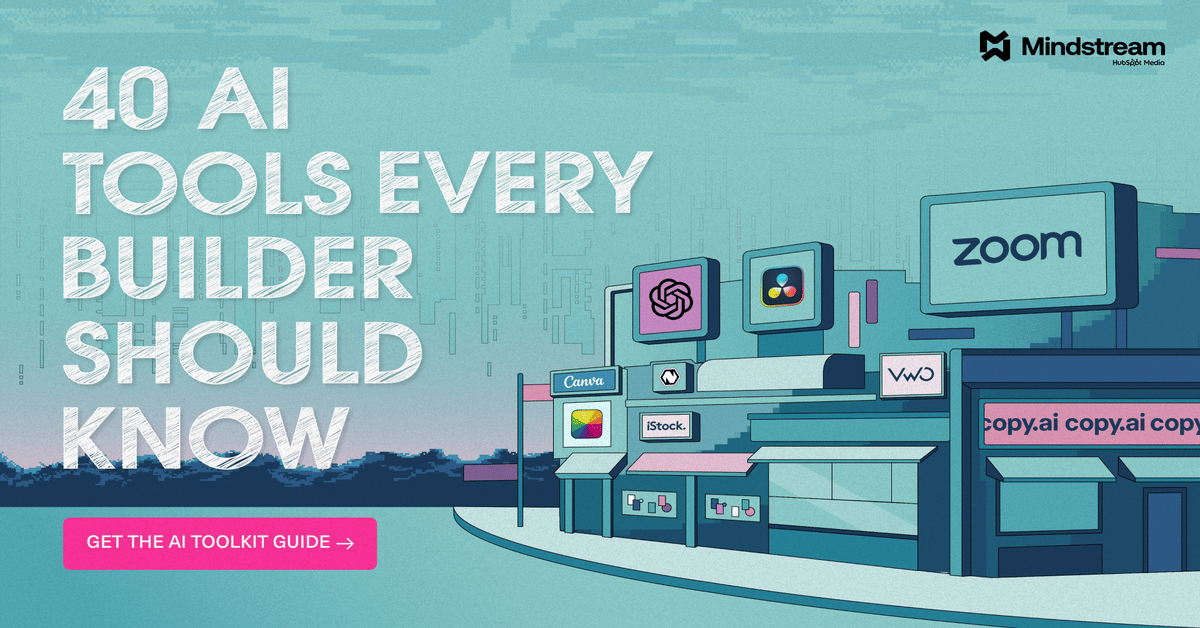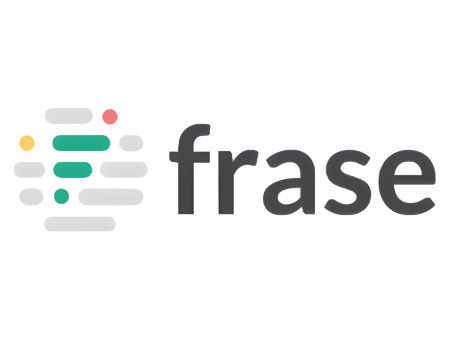
Dear Readers,
It's only Wednesday—and so much has already happened!
Yesterday, we saw models that see, browsers that think, and startups literally aiming for the stars. OpenAI’s Atlas browser blends web and conversation into one seamless flow. Anthropic flirts with a multi-billion-dollar Google cloud deal, and Alibaba’s Qwen3-VL bridges the gap between edge and frontier AI. Even space itself might soon host NVIDIA-powered data centers — because apparently, Earth isn’t enough compute anymore.
In Today’s Issue:
🌐 OpenAI's ChatGPT Atlas integrates browsing and conversation
🛰️ Starcloud plans to deploy space-based data centers with H100 GPUs
💻 Anthropic launches native Claude desktop apps for Mac and Windows
🚀 Alibaba releases new vision-language models for edge and cloud
✨ And more AI goodness…
All the best,



AI Cloud Deal Worth Tens-Billions
Anthropic PBC is reportedly negotiating with Alphabet Inc.’s Google LLC for a cloud-computing deal valued in the “high tens of billions” of dollars, where Google would supply its custom TPUs (tensor processing units) for Anthropic’s large-scale AI work. This deal isn’t finalized yet but would deepen Google’s role as both investor and infrastructure provider for Anthropic.

OpenAI: Too big to fail
Sam Altman has orchestrated an unprecedented web of megadeals worth hundreds of billions of dollars, tying Nvidia, Oracle, AMD, Broadcom, and others to OpenAI’s expansion. By pitting Silicon Valley’s giants against each other in a race for AI dominance, Altman has effectively made OpenAI “too big to fail,” despite the company’s limited profits and staggering compute costs. The frenzy has inflated tech valuations, linked the fates of multiple trillion-dollar firms to one startup, and cemented Altman’s position as the gravitational center of the AI boom.
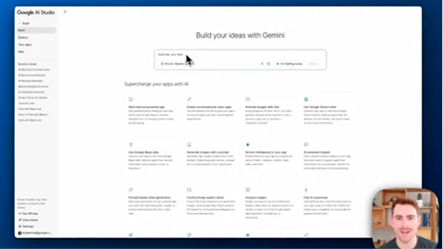
Google Launches AI-First Vibe-Coding Platform
Google’s amazing Logan Kilpatrick has introduced a new AI-focused coding experience in Google AI Studio, designed to help developers move seamlessly from prompt to production using Gemini. The platform is optimized for building AI-powered apps and is free to start, signaling Google’s push to simplify AI app creation and attract a wider developer base. More features and updates are on the way!

Investor and computer scientist Paul Graham: LLMs might never master every task, but their progress has reached a tipping point where perfection no longer matters. Like early steam engines that sparked the Industrial Revolution despite flaws, today’s AI is powerful enough to ignite a transformation that’s already unstoppable.

Venture Capitalist Reid Hoffman discusses how AI will redefine work, science, and human identity, arguing that the biggest breakthroughs will emerge beyond today’s productivity tools.

The Takeaway
👉 Atlas merges browsing and conversation, but early testers find little new for daily AI users.
👉 It targets newcomers — people who’ve never used ChatGPT or Claude — by making AI “just part of” web navigation.
👉 Task automation feels promising but slower than manual actions for now.
👉 If refined, Atlas could shift browsers from passive tools to proactive assistants.
OpenAI’s new ChatGPT Atlas promises to merge web browsing, search, and automation into a single interface — an “AI-native browser” meant to make the web conversational. After testing it myself, though, I’m still trying to see the real breakthrough. It feels familiar: summaries, follow-ups, and even the Agent’s task handling all mirror what I already do inside ChatGPT.
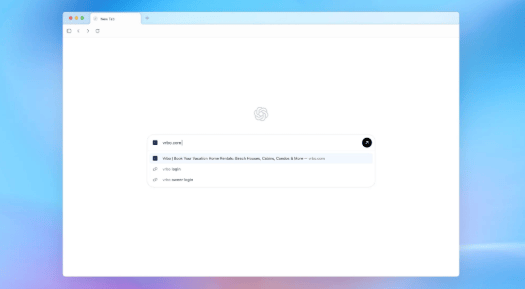
For everyday users who don’t live in ChatGPT, Claude, or Gemini, Atlas might feel fresh. It makes asking the web a question feel natural — like talking to a friend who instantly looks things up for you. But for heavy users, it’s more a repackaged convenience than a revolution. The idea of delegating tasks to the browser sounds great, yet in practice, I could complete them faster myself.
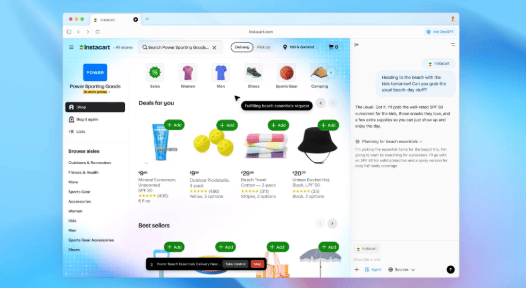
Still, I can see what OpenAI is aiming for: lowering the threshold for interaction. Atlas could become the on-ramp for those who’ve never used an AI before — the same way ChatGPT’s phone or WhatsApp integrations brought new people in. Maybe access will improve, and it’ll grow into something deeper. For now, I’m curious where it’ll head next.
Why it matters: Atlas hints at a future where browsers become active collaborators, not just portals. If it evolves beyond a testbed, it could redefine how billions access information — seamlessly, conversationally, everywhere.
Sources:

Choose the Right AI Tools
With thousands of AI tools available, how do you know which ones are worth your money? Subscribe to Mindstream and get our expert guide comparing 40+ popular AI tools. Discover which free options rival paid versions and when upgrading is essential. Stop overspending on tools you don't need and find the perfect AI stack for your workflow.

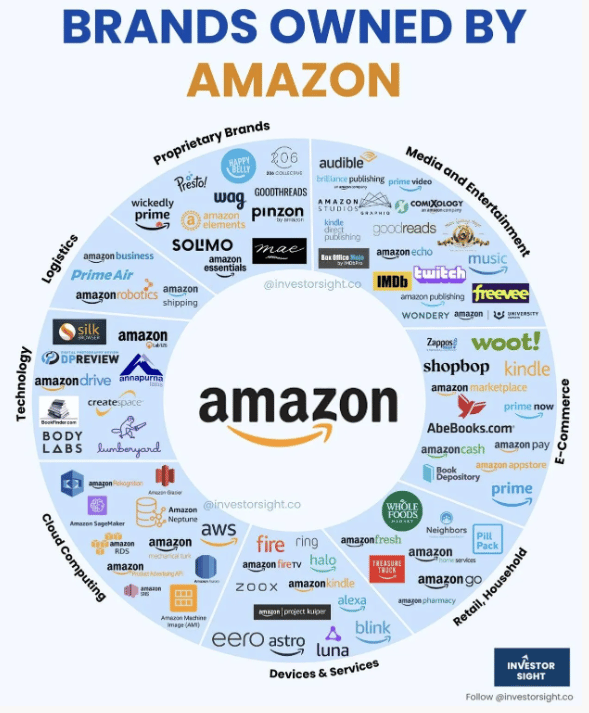
Amazon has changed not only the trade in goods, but also cloud infrastructure.


Space-based Data Centers, Game Changer!
This is insane: The startup Starcloud plans to deploy orbital data centers — beginning with a satellite launch in November that will use NVIDIA’s H100 GPUs — to leverage space’s near-infinite solar energy and vacuum cooling as a way to reduce Earth-based energy/cooling burdens. The aim: cut energy costs by ~10× compared with terrestrial data centers, and process data (e.g., Earth-observation imagery) in-orbit to deliver much faster results.
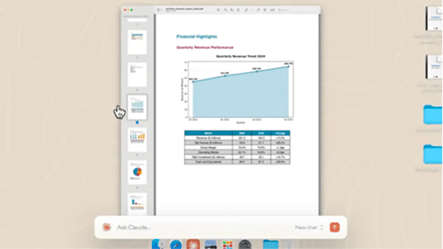
Claude Desktop App general availability
Anthropic has launched native Claude apps for Mac and Windows, offering instant access to its AI assistant without needing a browser. Users can double-tap Option (Mac) for quick prompts, capture screenshots, share windows, and even speak to Claude via Caps Lock. The app sits in the dock—lightweight, always available, and designed for both personal and enterprise use with MSIX and PKG installers.
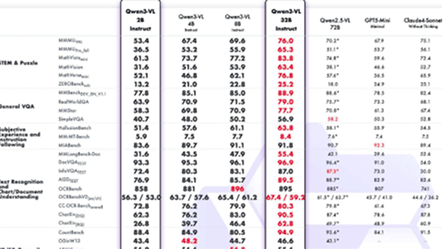
Qwen3-VL-2B and Qwen3-VL-32B Released
Alibaba has officially released Qwen3-VL-2B and Qwen3-VL-32B, two new models in its vision-language lineup that scale from efficient edge deployment to high-end cloud reasoning. Both models feature unified multimodal understanding—integrating text, image, and video comprehension with advanced spatial reasoning, GUI interaction, and 32-language OCR. The smaller 2B “Thinking” version focuses on lightweight reasoning for local and mobile use, while the 32B variant pushes frontier-level performance for complex multimodal and STEM reasoning tasks.

Are you pleasantly surprised by ChatGPT Atlas, or rather disappointed?

Frase AI: Content That Gets Discovered.
Create and optimize content with AI to drive traffic from Google, ChatGPT, and beyond.


